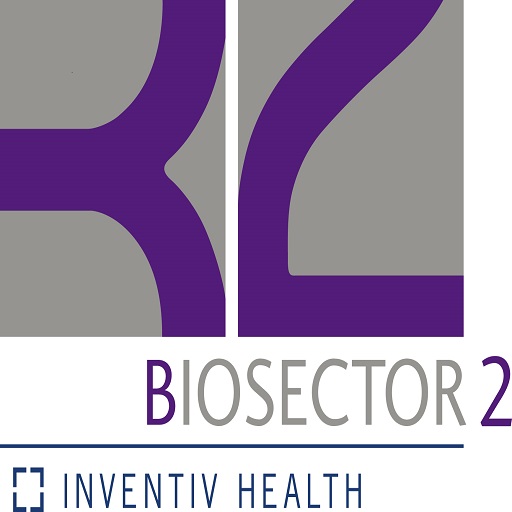Biosector 2 05 Aug 2015 // 1:50PM GMT

Charles Darwin once said, “It is not the strongest of the species that survive, nor the most intelligent, but the one more responsive to change.” This observation is brilliant in its simplicity. It speaks to the underlying primal need we have as humans to adapt to our ever-changing environment. As communications professionals, we’ve been trained to live by the guiding principle that change is the norm and not the exception and that planning for change is the only way to survive. We’ve been taught to encourage our clients to embrace change as an essential part of doing business. What Darwin didn’t anticipate is that as a species, the pharmaceutical industry is not so quick to embrace change.
Doing things the way they’ve always been done is more comfortable and safe when you’re working in a highly regulated industry like pharma. Decision making has become so complex with multiple factors to consider. Regulatory constraints, corporate integrity agreements, staffing shortages, internal politics, budgets…and the list goes on. It’s much easier to stick with tried and true PR programs and tactics that have widespread organizational support and are deemed “safe.”
Tried and true programs/tactics have their role in communications, but (and this is a big BUT), are they going to really move the needle in a time when companies are facing intense competition with multiple competitors fighting for the same share of voice, the same patients and the same physician supporters? You only have one shot to make a good first impression so you better make it count.
I appreciate the challenges of the industry and the reality we live in. I live it too with my clients but I go back to Darwin’s initial observation and I wonder – is this really the safer option? Does taking the familiar or “safer” path increase a company’s or a product’s chances for survival? I don’t think so and here’s why.
For every company who plays it safe and avoids risk in the name of survival there is another company willing to be different and be bold in order to make a mark on their customers and the marketplace. Those companies are willing to accept the risk of trying a new approach to communications and/or engagement because the risk of failing to fully capitalize on an opportunity far outweighs the risk of trying. These are the companies willing to fight the internal fights – to not let process stand in their way. They are exploring non-traditional communications vehicles and unique partnerships. They are finding a way to authentically connect with their customers to build meaningful and lasting relationships. They aren’t afraid to fail because they understand that trial and error is part of the learning process. They aren’t defined by what others are doing but by what they are doing. They adapt to changing marketplace dynamics with ease and confidence because they accept that change is inevitable, change is not scary and with change comes opportunity. That’s why when I challenge my clients to be different and be bold I also tell them that it’s no longer about choice or preference - it’s a matter of survival.
Liz Frank is Team Lead at Biosector 2


































.jpg)














